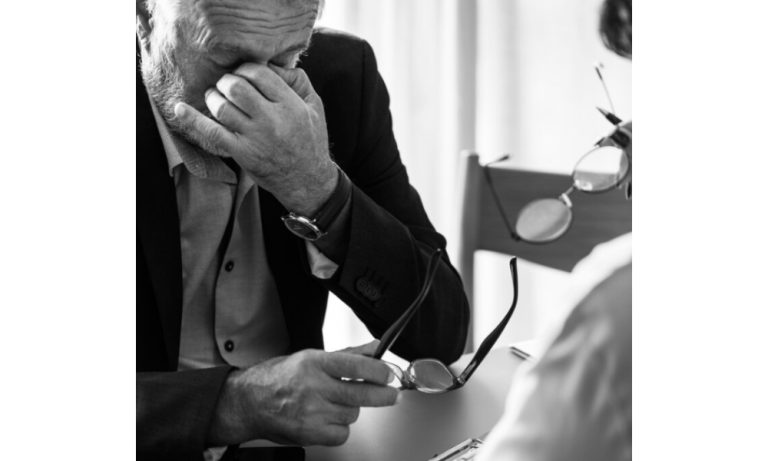
Navigating the complexities of product liability in Nebraska can be daunting, but working with an expert Omaha Product Liability Lawyer can make the process more manageable. Our team is dedicated to helping clients understand their rights and pursue fair compensation if they’ve been harmed by a defective product. In this article, we’ll explore key aspects of product liability law and how professional legal guidance can serve your best interests.
Whether it’s a defective household item or malfunctioning machinery, product liability cases often involve intricate legal details that require specialized knowledge. By focusing on the specifics of each case, we ensure our clients receive the personalized attention they deserve. Understanding the local nuances in Nebraska’s regulations is essential for navigating these cases effectively.
Our commitment is to guide you through the legal maze, ensuring that your rights are protected and that you have the best chance for a successful outcome. Confidence in your legal representation goes a long way toward securing the compensation you’re entitled to. With the right legal support, navigating product liability claims becomes less about uncertainty and more about achieving justice.Learn more about product liability attorney
Understanding Product Liability Law in Nebraska
In Nebraska, product liability law focuses on holding manufacturers, distributors, and sellers accountable for defective products that cause harm. Our examination of this subject involves understanding what product liability entails, recognizing types of defects, and discerning Nebraska’s legal approach.
What Is Product Liability?
Product liability refers to the legal responsibility of a manufacturer or seller to ensure that products are safe and free from defects. When we discuss liability, it often involves negligence or strict liability. Negligence might occur during the manufacturing process when safety standards aren’t met. Strict liability does not consider the fault but instead holds parties accountable if a product is inherently dangerous when used as intended.
This area of law aims to protect consumers from unsafe products and ensure they receive appropriate compensation when harmed. Our focus remains on thorough evaluation, ensuring manufacturers maintain high safety standards. This legal responsibility not only covers defective products but also extends to duty warnings and instructions. Clear guidelines are paramount in reducing the incidence of injury caused by everyday items.
Categories of Product Defects
Defective products typically fall into one of three categories. Design defects occur when the product’s design is inherently unsafe, regardless of the manufacturing process. In contrast, manufacturing defects arise when a product differs from its intended design due to production errors.
We recognize that these defects significantly impact user safety. Additionally, warning defects are present when a product lacks adequate instructions or fails to alert users to potential risks. Identifying these categories allows us to address liability appropriately and secure rightful compensation for affected individuals.
Nebraska’s Approach to Product Liability

Nebraska applies specific principles in its approach to product liability. The state uses a mix of negligence and strict liability standards to address cases involving defective products. Under strict liability, we don’t need to prove negligence; the existence of a defect suffices for accountability.
In practice, courts in Nebraska evaluate the presence of design or manufacturing defects and the adequacy of warnings. Compensation can include medical expenses, lost wages, and sometimes punitive damages. Our legal expertise is crucial in navigating these complex cases, ensuring that injured parties receive the redress they deserve. By understanding these nuances, we better advocate for those affected by faulty products.
Legal Representation and Compensation Claims
In product liability cases, selecting the right legal representation is crucial for navigating the complexities of filing claims and pursuing compensation. Our focus is on the importance of working with experienced lawyers in Omaha, understanding the process of filing claims, and recovering damages and medical expenses.
Choosing an Experienced Product Liability Lawyer
Selecting a proficient product liability lawyer in Omaha can significantly influence the outcome of a case. We look for attorneys with extensive experience in handling product liability claims. An adept lawyer provides valuable insights based on past cases and tailored legal strategies to suit each client’s needs.
Given the complexity of these cases, an initial free consultation is often beneficial. This allows potential clients to evaluate the lawyer’s experience and competence. It is essential to prioritize those who specialize in personal injury and product liability to enhance the chances of a favorable outcome.
Filing a Product Liability Claim in Omaha
The process of filing a product liability claim involves several critical steps. We first gather comprehensive evidence, including medical records, product details, and witness testimonials. This documentation is crucial to supporting the claim.
Next, we file the necessary paperwork with relevant Omaha legal authorities. Timing is vital, ensuring that claims are filed within the statute of limitations to avoid dismissal. Properly filed claims clarify the nature of the defect and its impact, establishing a clear link between the product and the injury sustained.
Seeking Damages and Recovering Medical Expenses
Compensation claims in product liability cases focus on recovering both economic and non-economic damages. Our primary objective is to secure compensation for medical expenses incurred due to the defective product. This includes covering costs for hospital visits, rehabilitation, and ongoing medical treatments.
We further pursue damages for pain and suffering, lost wages, and any decreased quality of life resulting from the injury. Partnering with a skilled personal injury attorney enhances the potential recovery in these cases. The aim is to ensure comprehensive compensation that addresses all facets of the victim’s ordeal.




